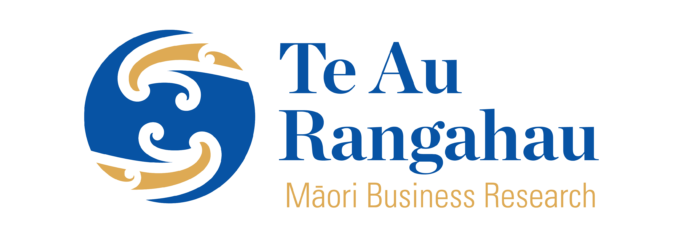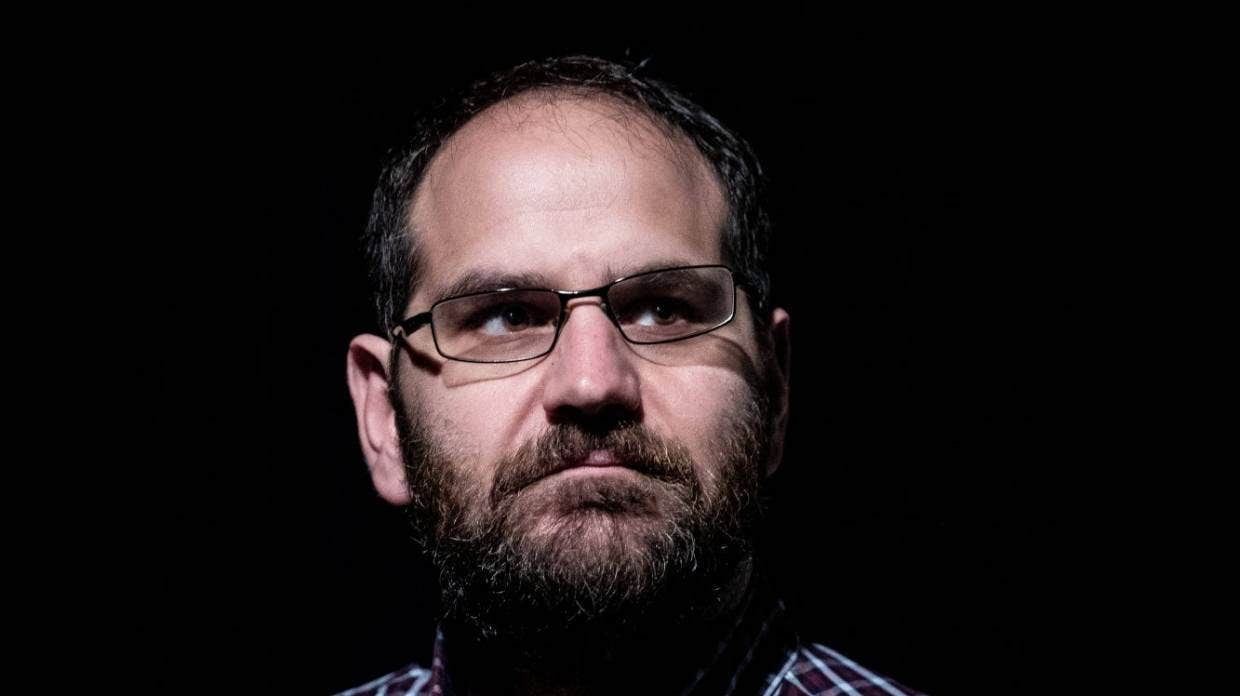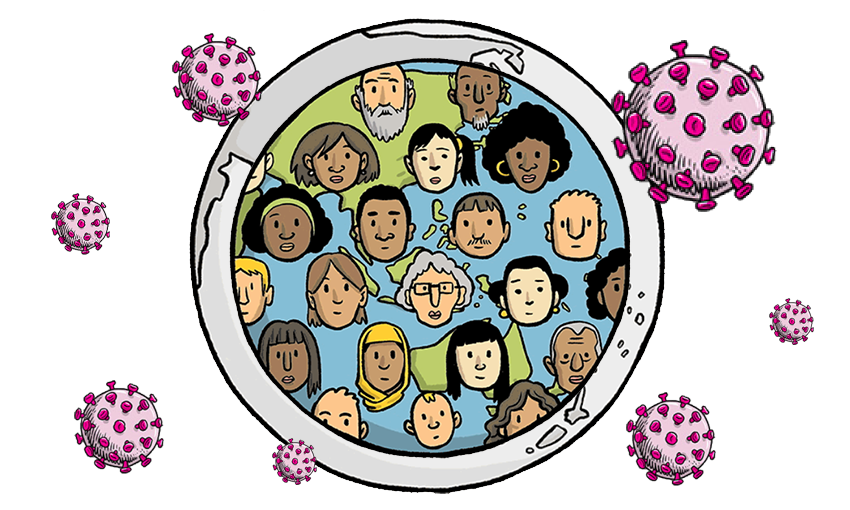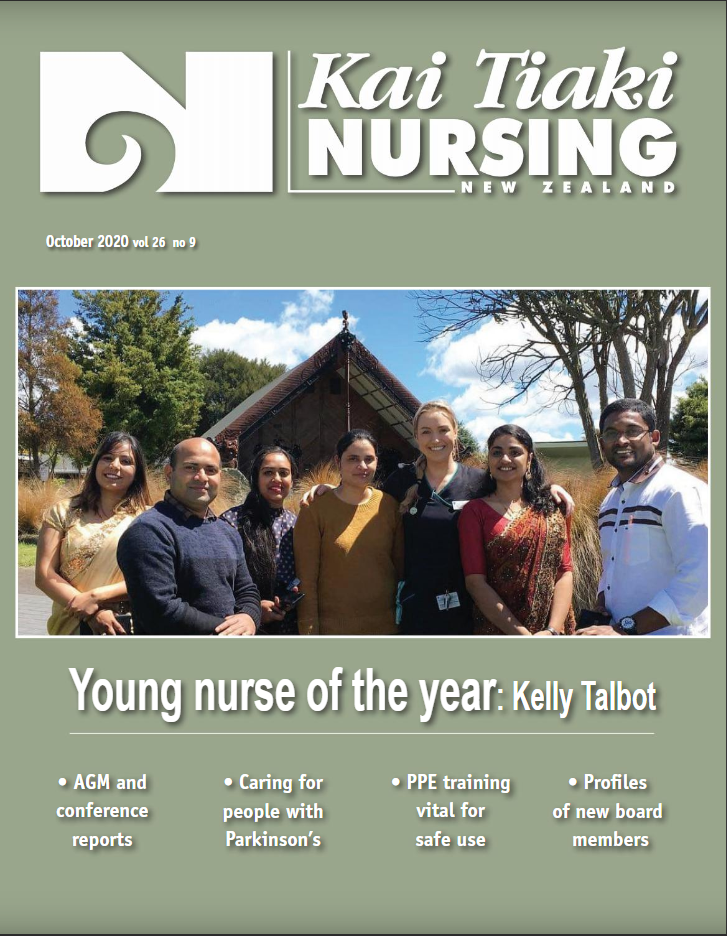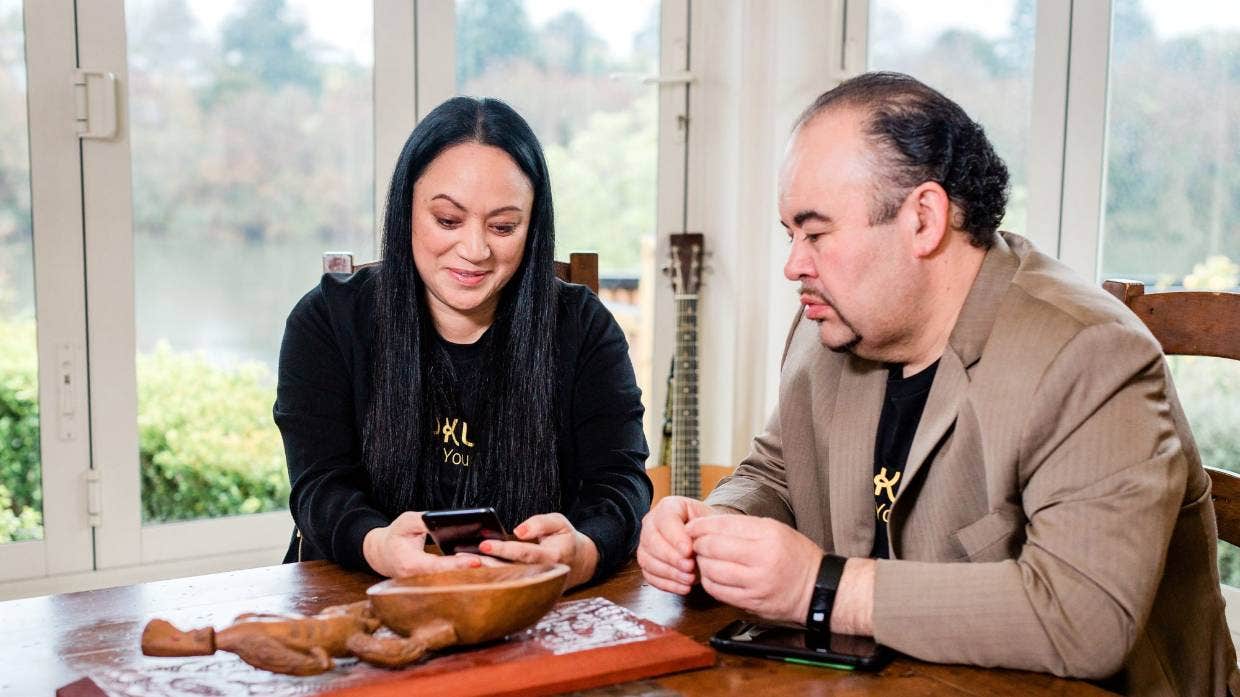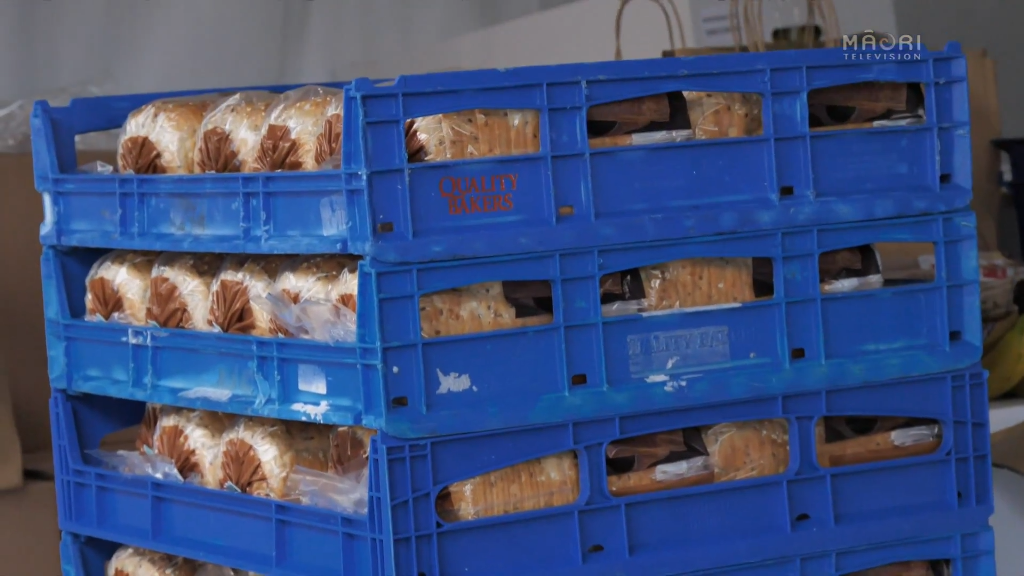The coronavirus pandemic has driven people who have lost their jobs to look at their options, and one they are turning to is franchising.
But with a sizeable chunk of money needed to buy into a franchise, and no guarantee of success, what should people look out for?
…
The pros and cons of franchises
Massey University school of business senior lecturer Dr Matt Roskruge (Te Atiawa, Ngāti Tama) said franchises were great incubators.
“You can absolutely see how it could be a really nice nursery model, not that we have a shortage of self-employed or small businesses in New Zealand. And in lots of ways our biggest challenge is capital-deepening and getting businesses to expand beyond being a small to medium business.
“The franchisor’s certainly filling that niche, by expanding through franchises.”
For the franchisor, it was a way of expanding without having to take on a lot of staff, and having perhaps a more motivated workforce, he said.
For the franchisee, they’ve got a support system, existing knowledge they could tap into, an existing customer base, and an opportunity to dip their toes in and start learning in a comparatively safe and organised environment.
Disadvantages included the upfront investment and ongoing payments, constraints on creativity, limits on the ability to capture the benefits of that creativity, and possibly different goals for the franchisee and franchisor.
Roskruge advised people to look for established and reputable brands. If something’s too cheap to be true it’s probably not, but equally, the most expensive franchises may not be the best to buy into, he said.
“I don’t necessarily think you need to have one over $1 million to get into a good franchise.”
There were more established and reputable franchises for sale for about $300,000, he said. One factor when looking at the price was the amount of stock that was also required.
You also need to think about how much risk you’re willing to take on, he said.
“You obviously like some risk, otherwise you wouldn’t be looking at a franchise, you’d be looking to be an employee.
“If you’re willing to take on more risk, you might look at a less supportive franchise that also offered more of an opportunity to grow and innovate on your own.”
There was little data on success rates of franchises, but around three-quarter of franchises lasted at least the length of their five-year agreements, he said.
That was a better survival rate than other small businesses, although it looked like about a third of franchises were not that profitable, he said.
Read the full article on Stuff
